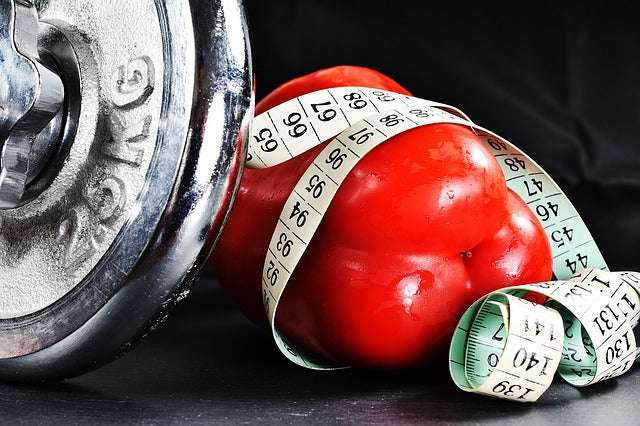Although it’s a common goal that many people share, losing weight isn’t always easy. You can spend hours at the gym, steer clear of your favourite foods, and even try a fancy diet. But even with all of this effort, you might not see any noticeable results. And even if you do, they may barely make a difference to how you look and feel. What can you do to finally make some progress toward your goals to lose weight? Here’s how to lose weight according to science:
1. Don’t skimp on sleep
When you’ve got projects to tackle at work and kids to feed at home, sleep may be the first thing to slip to the back burner. But according to science, this can make it harder to achieve your weight loss goals.
Why? Researchers have found that when you get less sleep at night, you produce more of the hormone ghrelin and less of the hormone leptin. Ghrelin boost your appetite whereas leptin tells your body that you’re full. This change in hormone levels may explain why you might end up eating 300 extra calories each day if you don’t get enough sleep.
To avoid eating more (and, therefore, gaining weight), be sure to get your beauty sleep every night.
2. Hydrate before you eat
Water isn’t good just for helping you wash down a meal. Science indicates that it can also help you lose weight if you drink it before you eat. For example, in a study, researchers found that when dieters drank water half an hour before a meal, they consumed fewer calories and lost 44% more weight. So before you dig into dinner tonight, sneak in a dose of H2O.




























